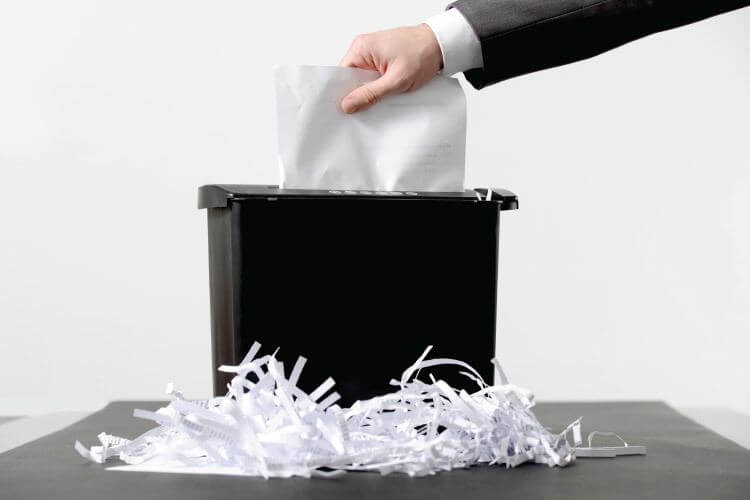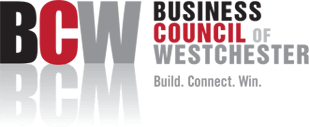| Much of your paper may contain important information, however, there is little you need to keep. Our list can help you decide to keep, shred, or recycle the paper: 1. The first step is to gather your papers. To make it MANAGEABLE only collect a SMALL PILE AT A TIME: a few folders, or a single drawer at a time. Keeping your sorting pile small and manageable will keep you moving along and feeling accomplished. Try scheduling a meeting with yourself for 15-20 minutes. 2. Have a garbage bag, a recycling bag, and a box for shredding next to you. 3. Go through the papers and put them into the appropriate groups: Keep To Do Pending File Away Shredding (anything with sensitive personal information, bank accounts, etc.) Recycling (any papers that are not sensitive) TOP TIP: Most utility bills, credit card statements, bank statements, brokerage statements, and product owners manuals can be found and easily accessed online. No need to keep physical copies too. Receipts: Keep credit card receipts until you reconcile your bill. Receipts associated with tax deductions should be kept for 7 years. Receipts for major purchases should be kept with the warranty until the warranty expires. Utility Bills: Unless it can be applied to your tax deductions there is no need to keep these once they have been paid. Usually these can also be accessed online. Newspapers & Magazines: Keep until you have read it. Unsubscribe if you don’t have time to read them. If you want to keep an article, tear it out and recycle the rest. Medical Records and information: Keep health records indefinitely, only if they are things you will need to refer to. Most health insurance explanations of benefits can be shredded. Tax Returns: The general rule is to keep everything for 7 years. Shredding Advice: There are lots of options for shredding, depending on volume and need. Staples, FedEx, and UPS stores offer shredding services priced by weight. Each location may vary, but you bring your papers to be weighed in store, and pay accordingly. Shredding Services: Many shredding services will come to your home with their shredding trucks. You pay per bin (about the size of a garbage can). They drive right up to your home, load your shredding into the bin, and you can watch the bin dump the papers directly into the shredding truck. The truck is outfitted with a shredder, so you can watch your sensitive documents be shredded right in front of you. This is a great option for large volume shredding! Municipal Shredding: Many towns, cities, and counties offer free (or cheap) shredding services. Depending on your location, there are facilities open daily by appointment, monthly, monthly mobile shredding trucks, and more. Contact your local sanitation department for your options! |

Decluttering
Tidy Home, Tidy Mind: The Mental Benefits of Organization
A cluttered space often leads to a cluttered mind. When our surroundings are chaotic, it can be difficult to focus, relax, or even find motivation















